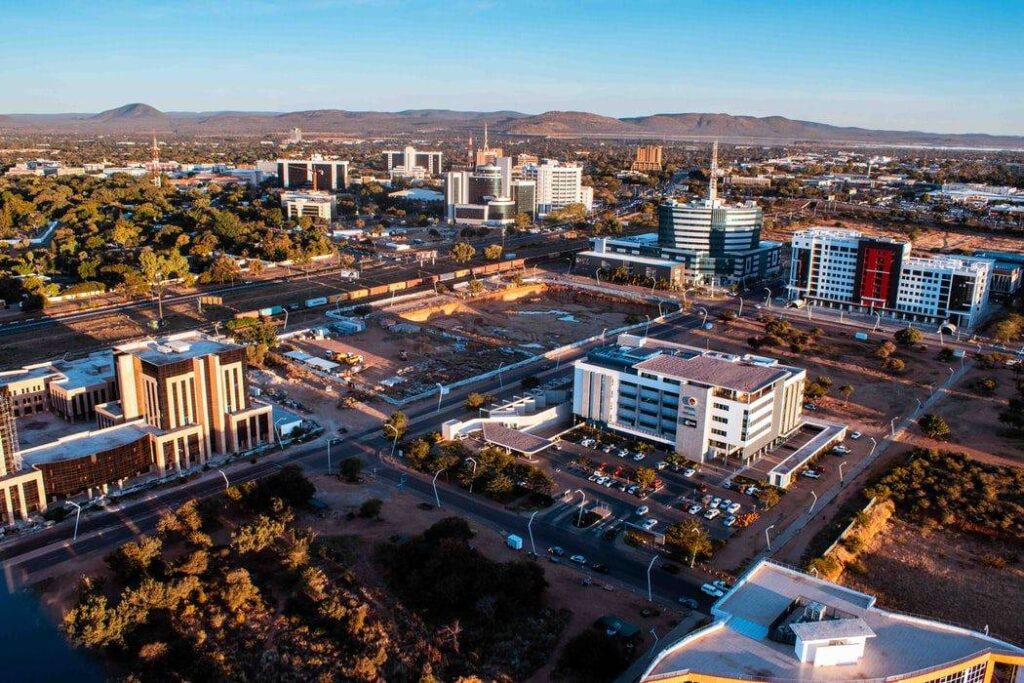
In recent years, Botswana has been quietly making waves in the world of sustainable tourism. The southern African nation, known for its stunning landscapes, rich biodiversity, and vibrant culture, has embarked on an ambitious journey to prioritize conservation while fostering economic growth through responsible tourism practices.
Pristine Wilderness and Wildlife Conservation
Botswana boasts some of Africa’s most pristine and diverse wilderness areas. The Okavango Delta, a UNESCO World Heritage Site, is a shining example. This inland delta, often referred to as the “jewel of the Kalahari,” is a haven for wildlife, featuring a stunning array of flora and fauna, including elephants, lions, hippos, and countless bird species.
In a bid to preserve this natural wonder, Botswana has adopted a low-impact, high-reward approach to tourism. The government has limited the number of visitors and lodges in sensitive areas, ensuring that wildlife can thrive without undue disturbance. This approach has garnered international acclaim and fosters a model for ecotourism worldwide.
Community-Based Tourism Initiatives
Botswana’s commitment to sustainable tourism extends beyond conservation efforts to encompass local communities. The country has implemented a range of community-based tourism initiatives that empower local residents while promoting cultural exchange.
One notable program is the Khwai Community Concession, located on the northeastern fringes of the Moremi Game Reserve. The community actively participates in tourism management, offering guided safaris, cultural experiences, and eco-friendly accommodation options. Revenue generated from these initiatives directly benefits the local community and funds education, healthcare, and infrastructure development.
Eco-Friendly Accommodation and Renewable Energy
Botswana is also embracing eco-friendly practices in the tourism sector. Many lodges and camps have adopted sustainable building materials, water-saving technologies, and renewable energy sources such as solar power. These measures not only minimize environmental impact but also provide guests with a unique and responsible travel experience.
One shining example is the Sandibe Okavango Safari Lodge, which combines luxury with environmental responsibility. The lodge’s design blends seamlessly with the surrounding landscape, and it is entirely solar-powered, contributing to reducing the carbon footprint of guests during their stay.
Challenges and Future Outlook
While Botswana’s journey towards sustainable tourism is inspiring, it is not without its challenges. Balancing conservation with economic growth requires careful planning and ongoing efforts to combat issues such as poaching and habitat destruction. Climate change also poses a threat to the delicate ecosystems of the region.
Nonetheless, Botswana’s commitment to preserving its natural heritage and uplifting its communities through tourism sets an encouraging precedent. As more travelers seek responsible and authentic experiences, Botswana’s approach aligns with the evolving desires of tourists worldwide.
In conclusion, Botswana’s remarkable progress in the realm of sustainable tourism underscores the nation’s dedication to protecting its natural wonders and nurturing its people. As the world increasingly recognizes the importance of responsible travel, Botswana stands out as a beacon of hope and a shining example for others to emulate in their pursuit of sustainable tourism.
